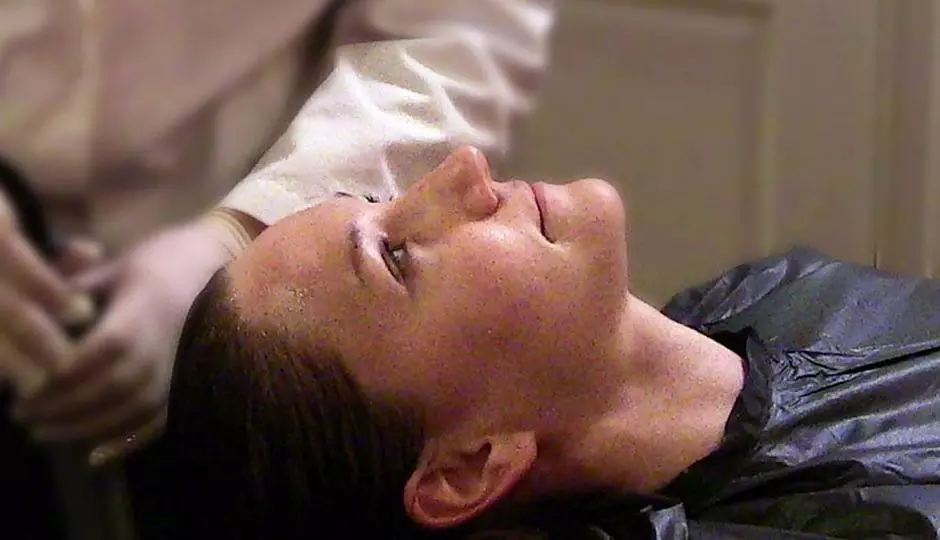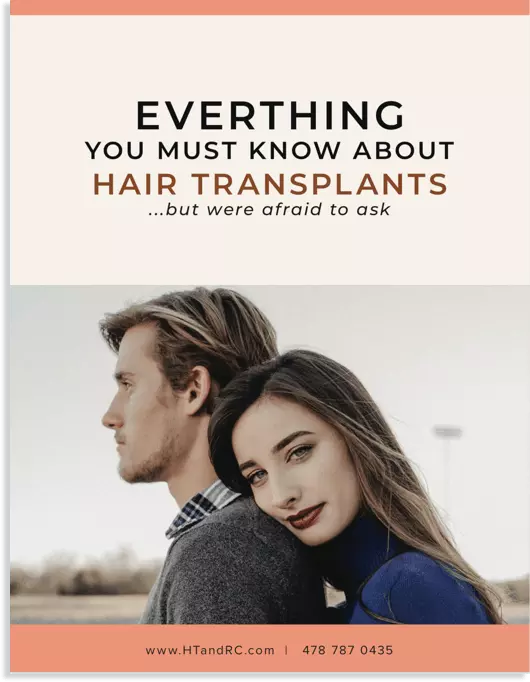Healthy diet and nutrition are important for your body’s health, but many people don’t realize that it is important for your hair’s health as well. A nutrient-deficient diet can cause temporary hair loss, but if left untreated the hair loss could become permanent. To ensure your hair grows strong and healthy, make sure you incorporate important vitamins and nutrients into your diet.
How Nutrition Influences The Hair
The most common type of hair loss caused by a nutrient deficiency is telogen effluvium. Hair that would normally be in the anagen (growth) phase changes to the telogen (resting) phase and is prematurely shed. Telogen effluvium is also caused by hormone imbalances, serious illness, physical and emotional stress, and medication.
Anagen effluvium is caused by severe protein deficiency. In this type of hair loss, hair in the anagen phase becomes brittle and breaks off easily. Anagen effluvium caused by protein deficiency is rare in adults, but it can also be caused by medication.
Specific Deficiencies That Can Cause Hair Loss
When certain nutrients are missing from your diet, you could experience hair loss. The following deficiencies are often linked with hair loss:
- Iron deficiency: Inadequate consumption of iron-rich foods, or diseases that interfere with iron absorption, can cause hair loss. Talk to your doctor if you believe you have an iron deficiency. Most of the time, diet modification or iron supplements can reverse iron deficiency and initiate hair regrowth.
- Zinc deficiency: Low-calorie diets that lack red meat can cause a zinc deficiency, which leads to hair loss. See a doctor if you believe you have a zinc deficiency. It is difficult to diagnose, and zinc supplements should only be taken under direction of a physician, as zinc overdoses are dangerous to your health.
- Biotin deficiency: Biotin is a B vitamin found in numerous foods, so the typical cause of a biotin deficiency is a very low-calorie diet. Consult a doctor and make sure your calorie intake is appropriate and healthy.
- Protein deficiency: Vegetarian diets that fail to include plant-based proteins, as well as very low-calorie diets, cause a protein deficiency that can lead to hair loss. Make sure that your diet has plenty of protein, and contact your doctor if you are concerned about protein deficiency.
There are several causes of hair loss that can be treated with both surgical and non-surgical procedures. Contact Dr. Gray today to schedule a consultation.






